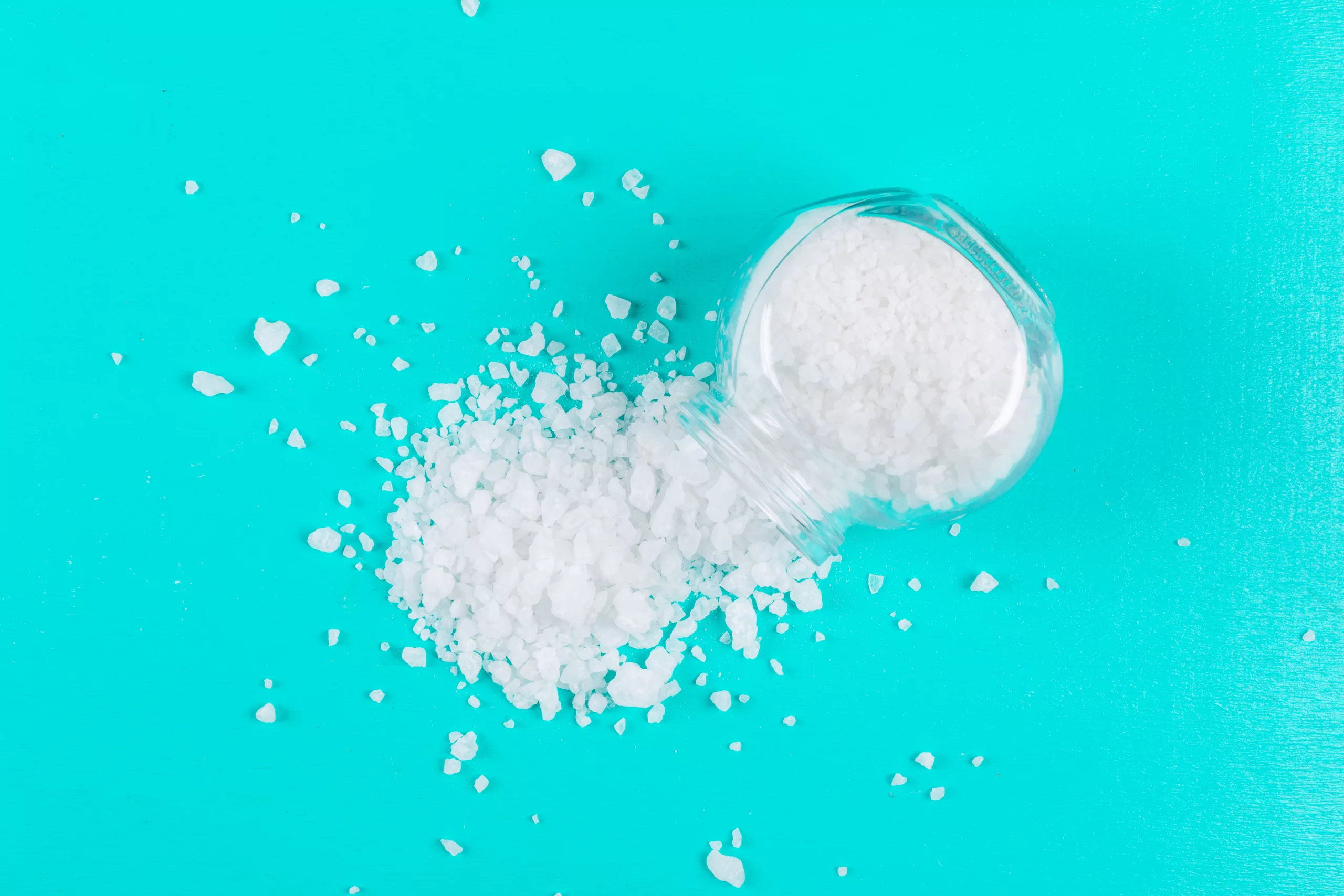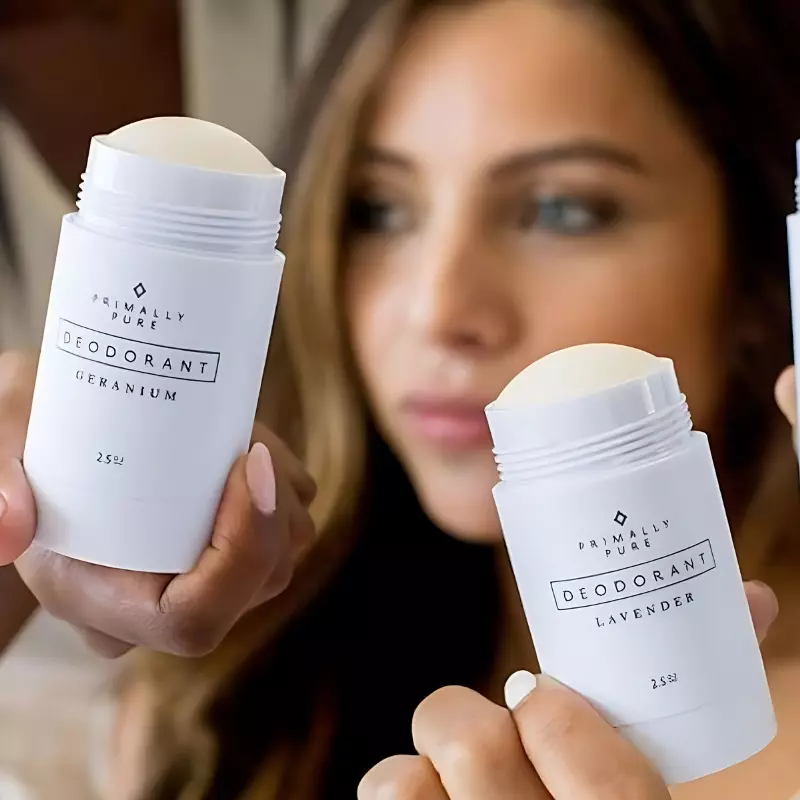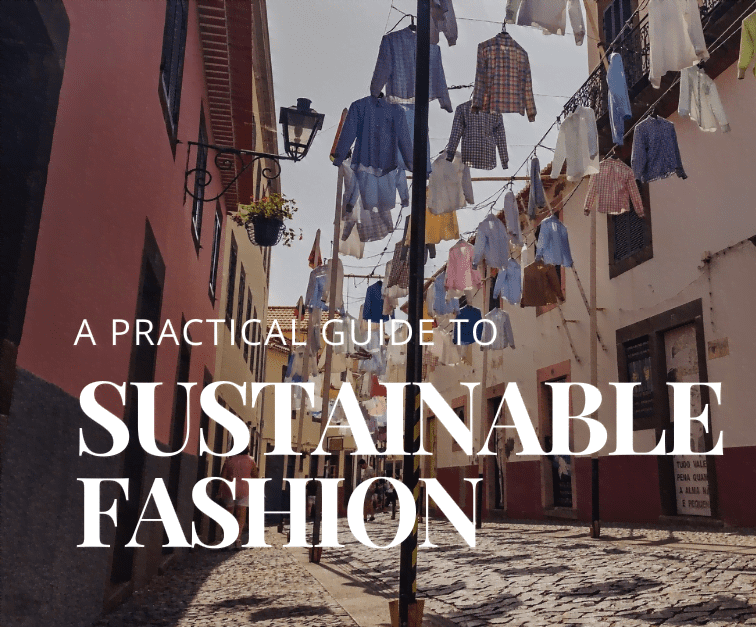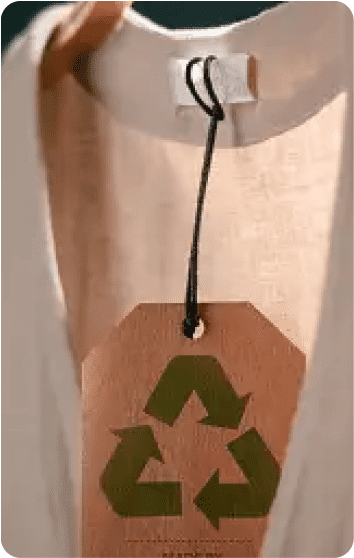In our journey towards sustainable living, the materials we choose play a pivotal role. Polyvinyl alcohol (PVA) stands out as a beacon of eco-friendliness in a world grappling with environmental challenges. This article delves into the green aspects of PVA, highlighting its significance in our daily lives and its contribution to a healthier planet.

The Green Side of Polyvinyl Alcohol: An Eco-Friendly Choice
Polyvinyl alcohol (PVA) is not just another synthetic polymer; it’s a beacon of hope in our quest for environmental sustainability. Its biodegradability is a standout feature, setting it apart from conventional plastics that linger in our ecosystems for centuries. When PVA breaks down, it does so without leaving harmful residues, a critical factor in reducing long-term environmental impact.
What truly sets polyvinyl alcohol apart is its water solubility. This unique characteristic means that PVA-based products, when disposed of, dissolve in water, significantly reducing solid waste issues. This solubility also plays a crucial role in wastewater treatment plants, where polyvinyl alcohol aids in the purification process without adding to the pollutant load.
Unlock Your Savings with Exclusive Offer Coupons
Save big while shopping for sustainable products! Grab your exclusive coupons today!

Moreover, PVA’s non-toxic nature is a breath of fresh air, quite literally. In a world where chemical exposure is a significant concern, PVA stands out as a safe alternative. Its use poses no known risks to human health, making it an ideal material for applications that come into direct contact with people.
The eco-conscious production of PVA further enhances its appeal. Manufacturers often use renewable raw materials in its production, reducing reliance on fossil fuels and minimizing carbon footprint. This approach not only conserves natural resources but also aligns with the global shift towards more sustainable manufacturing practices.
Polyvinyl Alcohol: An Eco-Friendly Polymer for Sustainable Applications
PVA’s versatility is a game-changer in various industries. In the packaging sector, PVA is revolutionizing the way we think about disposables. Its application in creating water-soluble films is a significant step towards reducing plastic waste. Imagine packaging that dissolves harmlessly in water, leaving no trace behind. This innovation is particularly impactful in the context of single-use products, offering a sustainable alternative that aligns with zero-waste goals.
In the textile industry, PVA’s role is equally transformative. Used in coatings, PVA enhances fabric quality while ensuring environmental safety. This application is particularly relevant in an industry often criticized for its environmental footprint. PVA-based coatings offer a sustainable path forward, marrying functionality with eco-friendliness.
The medical and agricultural sectors also benefit from PVA’s unique properties. In medicine, PVA is used in a range of applications, from drug delivery systems to medical devices, thanks to its biocompatibility and safety. In agriculture, PVA finds use in controlled-release fertilizers and pesticides, reducing environmental contamination and enhancing efficiency.
Also Read: How to Recycle Styrofoam: The Complete Sustainable Guide

The Process and Properties of Making Polyvinyl Alcohol
The production process of PVA is a testament to sustainable innovation. It begins with the conversion of polyvinyl acetate into alcohol, a reaction that is carefully managed to minimize environmental impact. This process is a fine example of green chemistry, prioritizing safety, efficiency, and minimal waste.
PVA’s properties are what make it truly stand out as an eco-friendly material. Its solubility in water is just the beginning. PVA is also resistant to oil and grease, making it an excellent material for protective coatings in various applications. This resistance is crucial in environments where oil spills and grease contamination are concerns, as PVA-based materials can provide effective barriers without harming the environment.
Enhancing the Eco-Friendliness of Polyvinyl Alcohol
The journey to make PVA even more eco-friendly is ongoing and dynamic. One key area of focus is the improvement of production methods. By adopting energy-efficient processes and utilizing renewable energy sources, the PVA manufacturing process can become even more sustainable.
Another area of exploration is the sourcing of raw materials. Research into more sustainable raw material sources, such as bio-based feedstocks, could further reduce the environmental impact of PVA production. This approach not only makes the production process greener but also aligns with the principles of a circular economy.
These strategies are not just theoretical; they are being actively pursued by researchers and industry leaders. The goal is clear: to make PVA an even more attractive option for those committed to environmental sustainability. By continuously improving its production and applications, PVA is set to play a critical role in our sustainable future.

FAQs
1. Is polyvinyl alcohol (PVA) biodegradable?
Yes, PVA is biodegradable, breaking down into harmless substances in the environment.
2. Is PVA safe for human health and the environment?
PVA is non-toxic and safe for both human health and the environment, making it a preferred choice in various industries.
3. What are the alternatives to PVA?
While PVA is a sustainable option, alternatives like PLA (Polylactic Acid) and PHA (Polyhydroxyalkanoates) are also gaining popularity in eco-friendly applications.
4. How does PVA compare to other polymers in terms of sustainability?
PVA stands out for its biodegradability and non-toxic nature, making it more sustainable than many traditional polymers like polyethylene and polypropylene.
Conclusion
Polyvinyl Alcohol stands as a testament to the possibilities of sustainable materials. Its biodegradability, non-toxicity, and versatility make it an ideal choice for those committed to eco-friendly living. By opting for PVA-based products, we can make significant strides in reducing our environmental footprint.
To learn more about eco-friendly materials, visit our blog and browse through our guides!
Read Next: Biodegradable vs. Compostable: Which is Better for the Environment?
Want to read more like this?
Get similar stories and a free sustainability checklist delivered to your inbox.

Like our content?
Get similar stories and a free sustainability checklist delivered to your inbox.

















